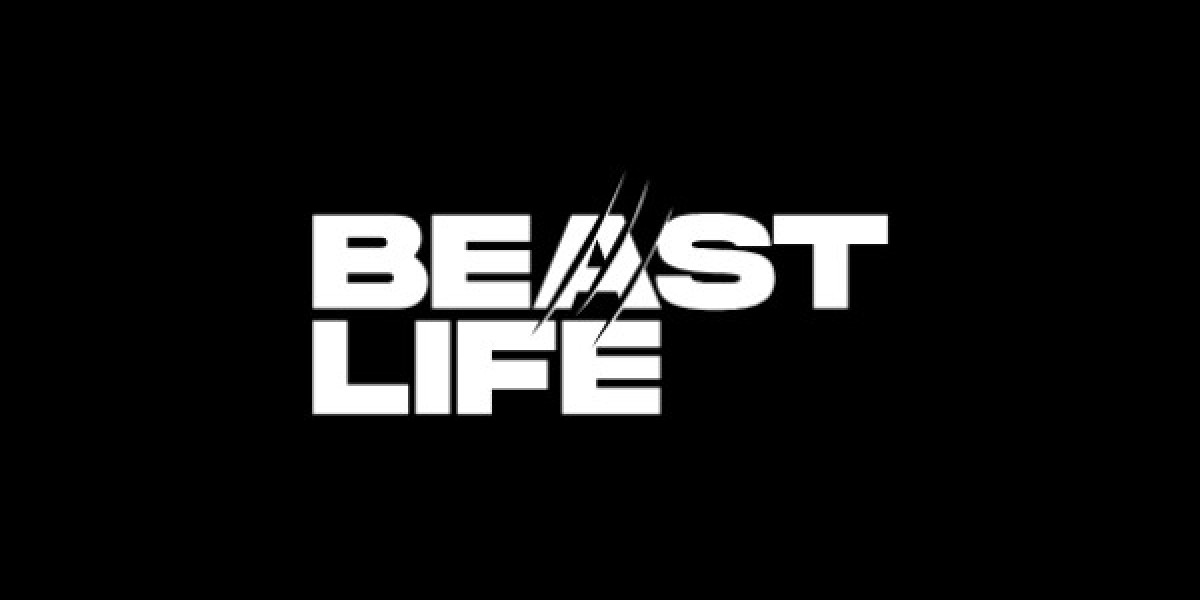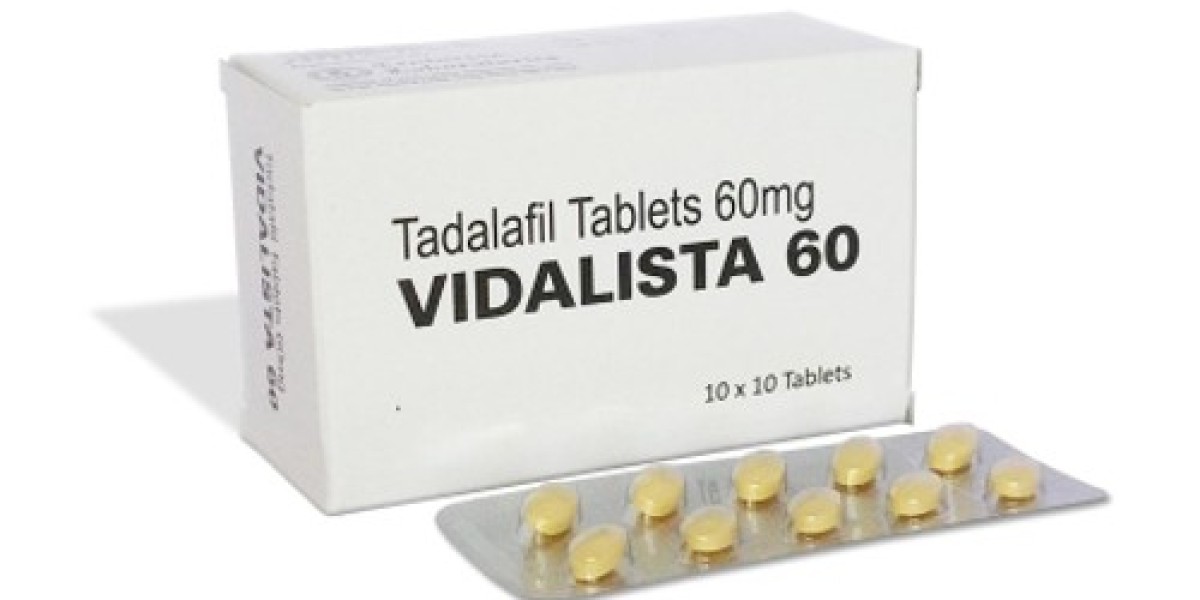What is Creatine Powder?
Creatine is a naturally occurring compound found in small amounts in foods like red meat and fish, as well as synthesized by the body from amino acids. When you supplement with creatine powder, you boost the levels of creatine in your muscles, enhancing your ability to perform high-intensity exercise.
The Growing Popularity of Creatine
With a plethora of studies supporting its benefits, creatine has earned its spot on the shelves of gyms and supplement stores. Whether you're a weekend warrior or a seasoned athlete, understanding how to use creatine can open doors to new performance heights.
Understanding Creatine
The Role of Creatine in Energy Production
Creatine primarily helps in the production of ATP (adenosine triphosphate), the energy currency of your cells. When you engage in short bursts of high-intensity activity—think sprinting or heavy lifting—your body relies heavily on ATP. By increasing the availability of creatine in your muscles, you can enhance ATP production, which translates to improved performance.
Types of Creatine
Not all creatine supplements are created equal. Here are the most common types you'll find on the market:
Creatine Monohydrate
This is the gold standard in creatine supplementation. It’s well-researched, effective, and usually the most affordable option.
Creatine HCL
Creatine hydrochloride is known for its better solubility and absorption. If you’ve had issues with stomach discomfort from other forms, this could be your go-to.
Buffered Creatine
Buffered creatine aims to reduce acidity, which some users find more comfortable for their digestive system. It’s a good option if you experience gastrointestinal issues with standard creatine.
The Benefits of Creatine Powder
Enhanced Physical Performance
Numerous studies confirm that creatine supplementation can lead to improved performance in high-intensity exercises. It helps you lift heavier, run faster, and push your limits further than you might without it.
Muscle Growth and Recovery
Creatine plays a role in cellular hydration, which helps your muscles look fuller and promotes muscle growth. Additionally, it aids in recovery, reducing soreness after intense workouts so you can hit the gym again sooner.
Improved Strength and Power Output
With consistent creatine use, many athletes report significant gains in strength and power output. This can be especially beneficial for weightlifters and athletes involved in explosive sports.
Brain Health and Cognitive Benefits
Emerging research suggests that creatine may also have cognitive benefits, potentially enhancing memory and overall brain function. This makes it a versatile supplement, not just for your muscles but also for your mind.
How to Use Creatine Powder Effectively
Dosage Recommendations
The most common dosage for creatine is about 3-5 grams per day. Some athletes prefer a loading phase, where they take 20 grams daily for the first week, followed by a maintenance dose. However, the straight maintenance dose can be just as effective.
Loading Phase vs. Maintenance Phase
The loading phase can saturate your muscles with creatine more quickly, leading to faster results. However, many find that sticking with a consistent daily dose works just as well over time.
Best Times to Take Creatine
While there’s no one-size-fits-all answer, many find that taking creatine post-workout, mixed with a protein shake or carbohydrate source, can maximize its benefits. Just remember, the key is consistency.
Choosing the Right Creatine Powder
Key Factors to Consider
When selecting a creatine powder, look for purity and quality. Avoid products with excessive fillers, artificial flavors, or sugars. Transparency in labeling is essential.
Popular Brands and Products
Some trusted brands that consistently produce high-quality creatine supplements include Optimum Nutrition, MuscleBlaze, and MyProtein. They have been well-reviewed and are known for their effectiveness.
Common Myths About Creatine
Myth 1: Creatine Causes Dehydration
One common myth is that creatine causes dehydration, but studies show that it doesn't significantly affect hydration levels. However, staying well-hydrated is always a good practice, especially when supplementing.
Myth 2: Creatine is Only for Bodybuilders
Creatine benefits anyone involved in high-intensity activities, not just bodybuilders. Athletes in sports like soccer, basketball, and even CrossFit can reap its rewards.
Myth 3: All Creatine Supplements Are the Same
Not all creatine is created equal. Different types have varying levels of effectiveness and absorption rates. It’s essential to choose one that suits your needs and preferences.
Potential Side Effects of Creatine
Are There Any Risks?
For most healthy individuals, creatine is considered safe. However, some might experience mild gastrointestinal discomfort, especially during the loading phase.
Who Should Avoid Creatine?
If you have existing kidney issues or other medical conditions, consult a healthcare professional before starting creatine supplementation. It’s better to be safe than sorry!
Conclusion
Creatine powder is a powerful tool for enhancing your workout routine. With its scientifically backed benefits, it can help you improve performance, boost muscle growth, and even support cognitive function. As with any supplement, consistency and proper usage are key to unlocking its full potential. So, whether you’re aiming to lift heavier, run faster, or simply enhance your overall fitness, creatine could be just what you need to take it to the next level.
FAQs
1. Can creatine powder be taken with other supplements?
Absolutely! Creatine can be effectively combined with protein powders, BCAAs, and other pre-workout supplements. Just ensure you stay hydrated.
2. How long does it take for creatine to work?
Many users start noticing improvements within a week or two, especially if they follow a loading phase. However, everyone’s body responds differently.
3. Can anyone take creatine powder?
Generally, yes! Most healthy individuals can safely take creatine. However, if you have health concerns, it’s best to consult a doctor first.
4. Is it safe to take creatine daily?
Yes, most studies indicate that long-term daily use of creatine is safe for healthy adults.
5. What should I look for when buying creatine?
When selecting a creatine supplement, opt for high-quality products with minimal fillers. Always check for third-party testing to ensure purity and effectiveness.
Checkout Beast Life For More Products



